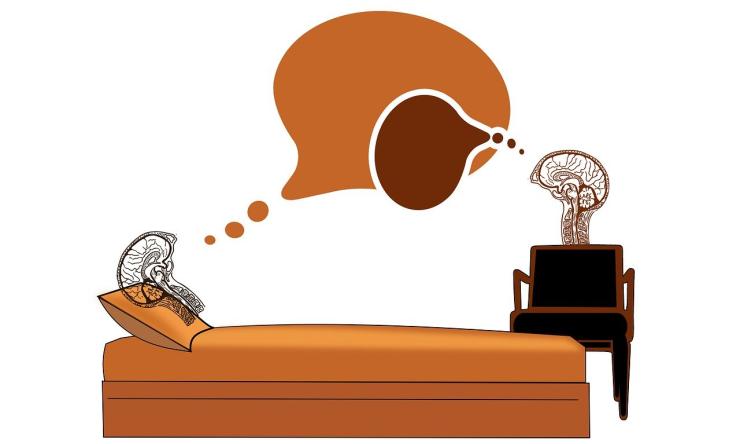New year, new start: identifying the right therapist
Considering therapy is a big step, and finding the best therapist for your needs is important to form a connection. A 7m╩ėŲĄ psychologist provides a path for finding a therapist.
ŌĆ£The field of psychology, psychiatry and psychotherapy has advanced over the years, and one of the ways it has advanced is by learning that certain therapies may work best for certain problems,ŌĆØ said Dr. Eric Storch, professor and vice chair of psychology in the Menninger Department of Psychiatry and Behavioral Sciences at Baylor.
You should feel a sense of connection and comfort in disclosing things that are personal when speaking with a therapist. While opening up might be difficult, being able to do so comfortably is an initial good sign that you have found a good therapist. At the first meeting, your therapist will ask questions about your situation, which will help them to conceptualize the problem while linking the best treatment option for that problem. The treatment plan should align with the therapies that have proved to work for that issue.
ŌĆ£Not every therapist is equipped to treat every problem. This is comparable to physicians. You wouldnŌĆÖt see a cardiologist for a problem with your lungs, you would see a pulmonologist,ŌĆØ Storch said. ŌĆ£In psychotherapy, you want to be looking for people who have a particular expertise in a particular type of problem.ŌĆØ
Experts who treat OCD and anxiety like Storch often use cognitive behavioral therapy as it proves to be highly effective for facing fears. People exploring interpersonal dynamics might find a therapist with a different skillset. The therapist should discuss these treatment elements and discuss evidence that supports doing a certain type of treatment.
Storch recommends looking into patient advocacy groups that provide sets of questions you might ask a therapist during the initial meeting. Some common initial questions include, ŌĆ£What is your treatment approach?ŌĆØ ŌĆ£What is the evidence that supports that approach for my presenting problem?ŌĆØ ŌĆ£How long will it take?ŌĆØ or ŌĆ£What are some of the techniques or components we do in treatment?ŌĆØ
ŌĆ£You can match up the answers with a trusted, vetted source to understand if this is the right treatment approach,ŌĆØ he said.
The relationship with your therapist should be a collaborative one with open discussion about the treatment approach, components and evidence supporting it. Finding a specialist can sometimes require a few tries until you find the right one.
ŌĆ£If you see someone and it just isnŌĆÖt the right connection or they donŌĆÖt specialize in the established treatment for your problem, itŌĆÖs ok to move on. ItŌĆÖs all about finding the right fit that allows you to best actualize yourself,ŌĆØ Storch said.



